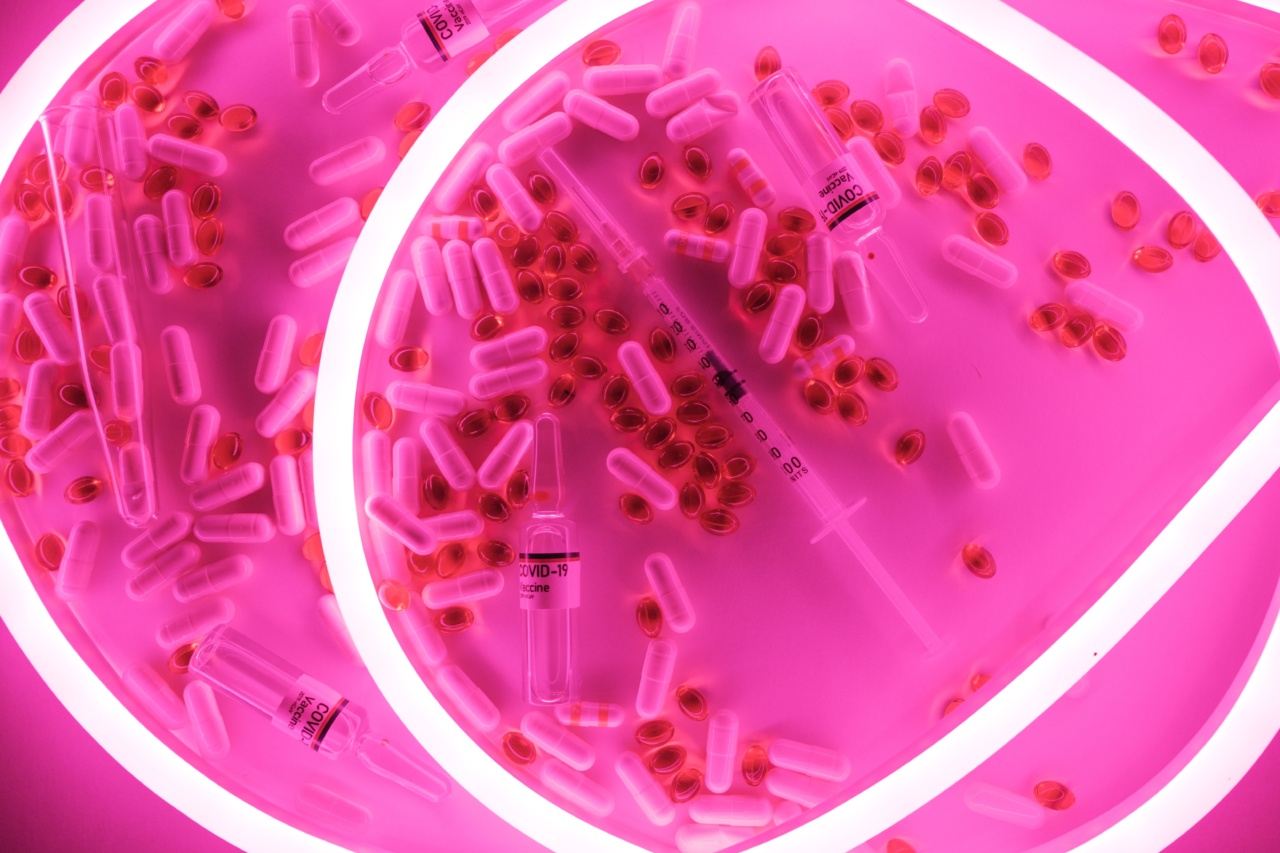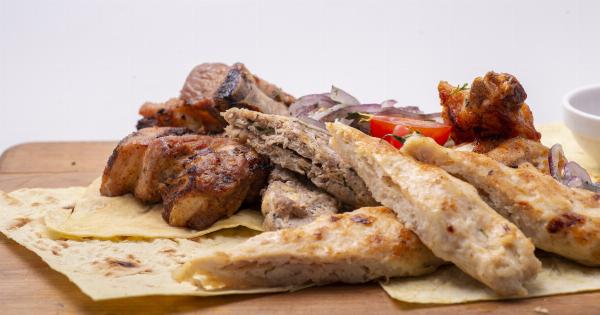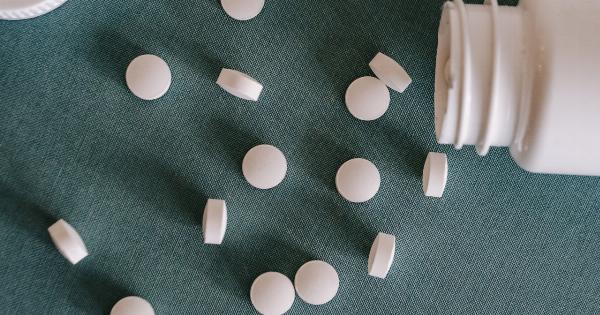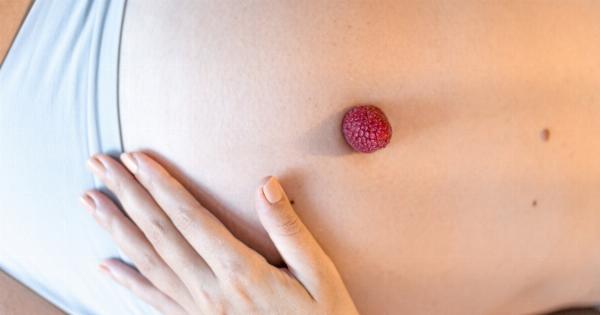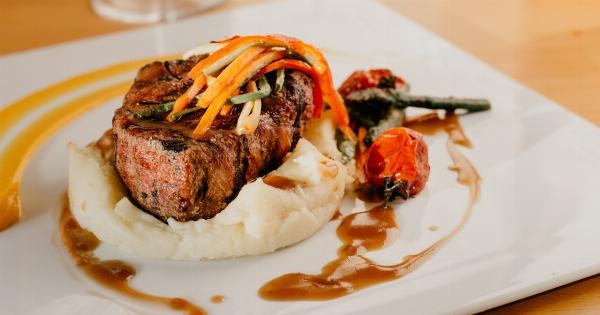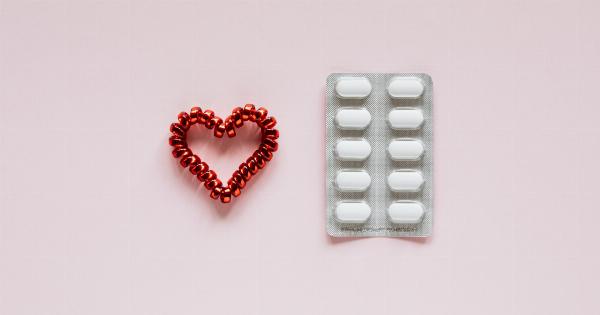A hangover is something everyone has experienced at one point in their lives. The symptoms vary from person to person but typically include headache, nausea, dizziness, fatigue, and dehydration.
While there is no cure for a hangover, there are many remedies available in the market that promise to ease the symptoms. In this article, we will look at the effectiveness of some of these remedies and explore whether the hangover can finally be cured.
The Causes of a Hangover
A hangover is caused by excessive consumption of alcohol. Despite decades of research, scientists still do not know the precise mechanism behind it. However, it is believed that alcohol causes several changes in the body that lead to a hangover.
These include:.
- Dehydration: Alcohol is a diuretic, which means it causes the body to lose fluids at a rapid rate. This leads to dehydration, which can cause symptoms like headache and fatigue.
- Inflammation: Alcohol can trigger an inflammatory response in the body that can lead to headaches, nausea, and other symptoms.
- Hormonal changes: Alcohol can disrupt hormonal balance in the body, leading to symptoms like fatigue and dizziness.
- Toxic byproducts: When alcohol is metabolized in the liver, it produces toxic byproducts that can damage the body and cause hangover symptoms.
The Effectiveness of Different Hangover Remedies
Over the years, many remedies have been proposed to alleviate the symptoms of a hangover. Here are some of the most popular remedies and their effectiveness:.
1. Water
Since dehydration is a major cause of hangover symptoms, drinking water is one of the simplest and most effective remedies. It is recommended to drink at least 8 glasses of water to reduce the symptoms of dehydration.
Drinking water also helps to flush out toxins from the body, which can alleviate other symptoms of a hangover.
2. Painkillers
Headache is one of the most common symptoms of a hangover, and painkillers like aspirin and ibuprofen are often used to alleviate the pain. However, it is important to note that painkillers can irritate the stomach and should be taken with food.
Additionally, they do not address other symptoms like nausea, fatigue, or dizziness.
3. Anti-inflammatory drugs
Anti-inflammatory drugs like NSAIDs (Non-Steroidal Anti-Inflammatory Drugs) have been shown to be effective in reducing the inflammation that occurs during a hangover.
However, these drugs can cause gastric problems and should be taken under the supervision of a doctor.
4. Vitamin B6
Vitamin B6 is an essential vitamin that plays a vital role in metabolism. It has been suggested that taking a supplement of vitamin B6 can alleviate some of the symptoms of a hangover. However, there is no scientific evidence to support this claim.
5. Ginger
Ginger is known for its anti-inflammatory properties and has been shown to be effective in reducing nausea and vomiting. Drinking ginger tea or taking ginger supplements can help alleviate the symptoms of a hangover.
6. Milk thistle
Milk thistle is a plant extract that has been shown to have protective effects on the liver. Since alcohol can damage the liver, taking milk thistle supplements may help alleviate some of the symptoms of a hangover.
7. Electrolytes
Electrolytes are minerals that are essential for proper hydration and bodily functions. Drinking sports drinks that contain electrolytes can help replenish the body’s stores and alleviate some of the symptoms of a hangover.
8. Hair of the dog
The phrase “hair of the dog” refers to the practice of drinking more alcohol to alleviate the symptoms of a hangover. While this may provide temporary relief, it can actually make the hangover worse in the long run.
This is because it delays the body’s recovery and causes further dehydration.
9. Acupuncture
Acupuncture is an ancient Chinese therapy that involves inserting needles into the body to stimulate healing.
Some studies have suggested that acupuncture can alleviate the symptoms of a hangover, although there is no scientific evidence to support this claim.
The Bottom Line
While there is no cure for a hangover, there are many remedies available that can alleviate its symptoms. Drinking water and replenishing electrolytes are two of the most effective remedies.
Painkillers like aspirin can help reduce headaches, while anti-inflammatory drugs like NSAIDs can reduce inflammation. Ginger and milk thistle can also help alleviate nausea and protect the liver from alcohol damage. However, it is important to remember that prevention is the best cure. Drinking in moderation and staying hydrated can reduce the severity of a hangover.
